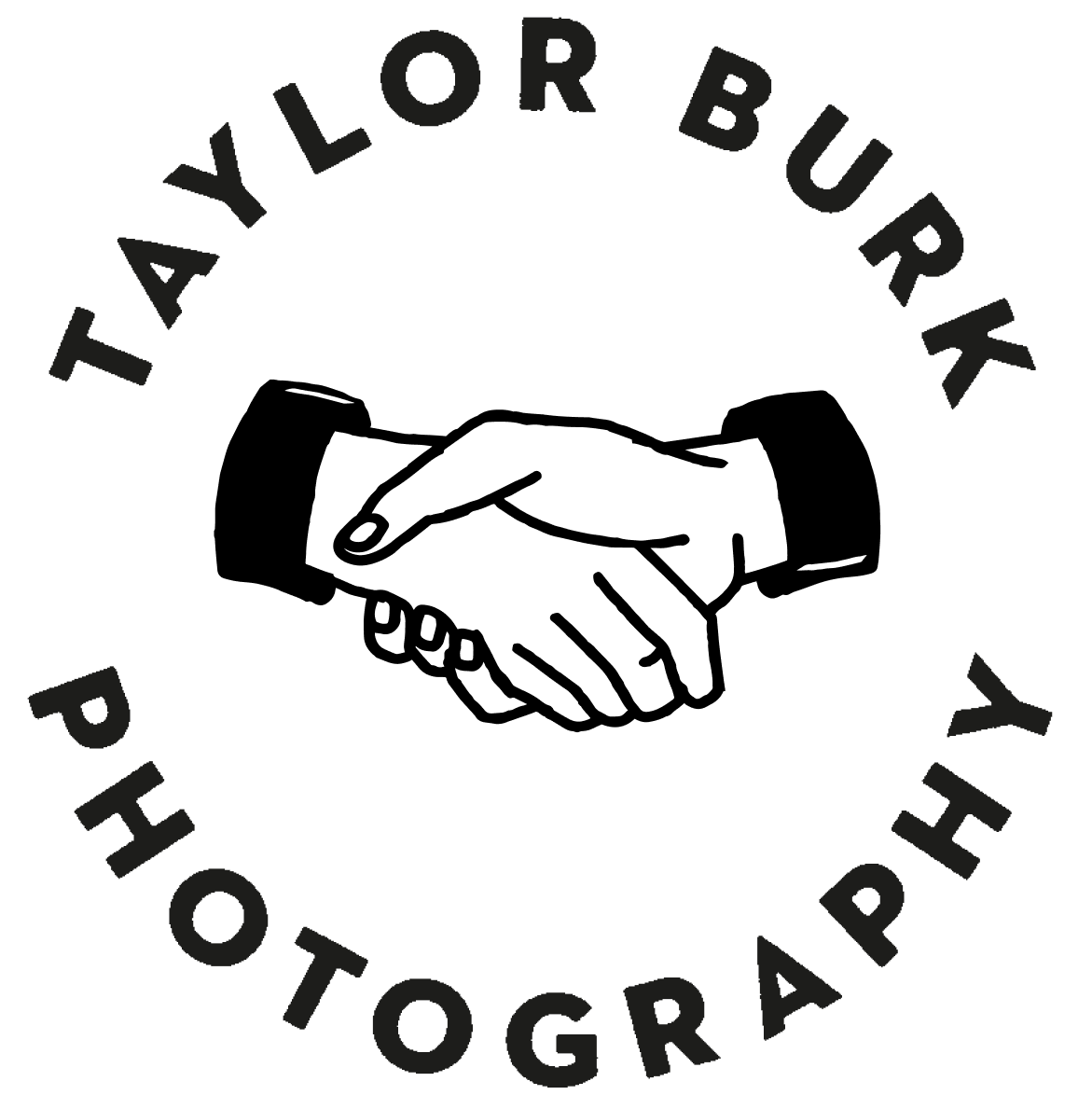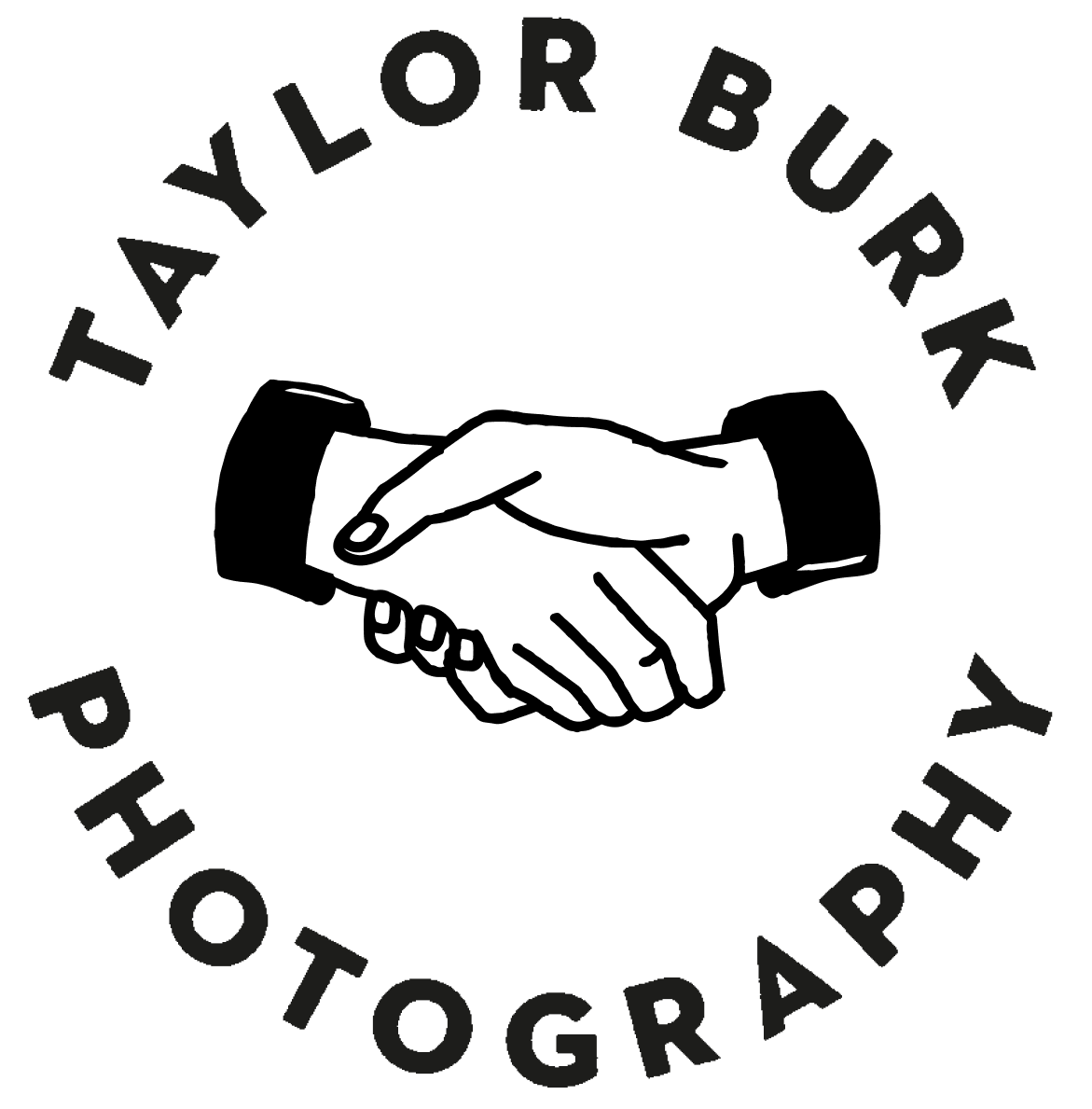Reflections from the past decade of freelancing
After taking some important time to reflect on the past ten years of freelancing, I decided to write down and share some of the pivotal lessons I learned along the way. It has been far from easy but it's been an incredibly rewarding journey and I look forward to the next decade ahead of me! Freelancing isn't for everyone, but for those who are dedicated, it can truly be fulfilling.
If you’re considering turning your creative passion into a full-time profession, below are some helpful insights to consider beforehand. I wish I had access to this information before I started. I hope it helps you out!
Understand the Business Side: For those looking to pursue photography professionally, understanding the business aspect of it and knowing how to market yourself is crucial for success. You are no longer just a photographer or artist, you’re a business owner. You will be working full-time just to be able to work full-time, wearing many hats and mostly behind a computer screen opposed to a camera. You don’t have to be the best photographer to do well, you just need to be able to sell yourself as the right person for the job.
Running a business isn’t cheap: There are numerous costs to consider, and the overhead can be overwhelming. When you factor in expenses such as insurance, data storage, software subscriptions, gear, work space, utilities, accounting services and your own personal expenses it adds up fast. It's very important to think ahead and ensure you have funds set aside for slower periods and taxes. Freelancing tends to be like a roller coaster ride, so don’t rush into it if you’re not fully prepared.
Embrace Failure: Failure is a natural part of learning and growth. It's important to not be discouraged by mistakes, but instead to learn from them and improve. It's not about how hard you fall, it's about how you get back up from it that matters (cheesy, I know). All good things take time, enjoy the process. I only lasted a couple months when I first went freelance, I eventually ran out of money and didn't have any future projects lined up. I went back to plumbing and saved up enough to get me back on my feet. Going from being my own boss to working a job that I didn't like was the biggest kick in the ass for me and I haven't looked back since. That's when I first learned the important lesson of having to treat photography work as a business.
Seek Feedback: Constructive criticism can help you identify areas for improvement and refine your skills. Try to get a broad range of critiques, there’s something to learn from everyone. A little bit of advice can go a long way. Of course this is all opinion based so take feedback with a grain of salt and do what makes you happy in the end.
Don't Compare Yourself: This is crucial for maintaining motivation. Every photographer has their own unique journey and it's important to focus on personal growth rather than comparing yourself to others. Easier said than done, I know, trust me. Keep in mind that when you’re viewing a portfolio of a photographer that you look up to, it probably took them several years of dedicated hard work to get where they are. It doesn't happen overnight, take your time and focus. No one who is great at something was always great.
Develop Your Own Style: While it's okay to draw inspiration from others, finding your own unique style is key to standing out as a photographer. There is only one you, how do you see the world around you? What’s your story? Keep in mind that this takes time and will likely change over the years.
Inspiration Can Be Found Everywhere: Being open to inspiration from various sources and mediums can help keep your creativity flowing. Once you learn to really see the world around you and practice the art of noticing, you will always find something to spark your imagination.
Passion Leads to Success: Passion and dedication are fundamental to achieving success in any endeavour and it doesn’t go unnoticed. If you love what you do, it doesn’t feel like work. Put your time and energy into what feeds your soul.
Seek Mentorship & Guidance: Don’t be afraid to ask questions and reach out to others. Having a mentor or just surrounding yourself around other creatives can help provide you with extremely valuable lessons and support networks. I wouldn’t be where I am today without the help of several others (voluntarily and paid) who have been there to offer advice and feedback when I needed it the most. No-one gets anywhere alone. This industry succeeds if we all work together.
Please keep in mind that I am currently offering 1:1 virtual mentorships, I have an easily digestible online workshop along with several other in person workshops and photography tours for those who are looking for guidance. I am always here to help if you have questions.Find something else to do outside of work: When your hobby or passion becomes full-time work it can burn you out if you’re doing it for fun as well. It's tricky when it's something that you love to do regardless of if you're getting paid or not but it can take away the joy of it. Try to find other hobbies that you can do outside of that to take your mind off of it all.
Take Care of Your Mental Health: Creative professions can be demanding and mentally taxing, so it's important to prioritize self-care and mental well-being. Be sure to regularly take time away from the camera and computer screen and go spend time in nature.
It’s okay to say no: I tend to decline more work than I take on. Sometimes it’s due to personal values, and other times it’s because it’s not worth the time and effort involved for the budget. If it doesn’t align with your brand, fit into your work-life balance, or provide you with any value such as a portfolio piece, decent pay, creative freedom, or professional development opportunities, then it likely isn't worth your valuable time and you're better off just saying no. Often times those who say yes to everything are overwhelmed and tend to let people down. Focus on what’s attainable and know your worth.
Invest in passion projects: Don’t wait for potential clients to come to you. If you don’t have work to show then no one will know what you are capable of. Assign yourself projects and take time to work on ideas that fuel you. From there, use the money from commercial projects to invest in yourself and produce work that will hopefully get you more work. It tends to be circular: you share work that you’re proud of > clients see it and want that for their brand > they hire you > you use that money to create new work > repeat.
Don’t put all of your eggs in one basket: Many successful artists I know have multiple revenue streams—a necessity in today's age. For instance, I generate income through licensing, commercial projects, content creation, social media promotions, brand ambassadorships, print sales, workshops and tours, digital products, writing, contests, and more. It doesn't hurt to have other businesses or side hustles outside of photography as a backup option. One of mine is an organizational app for outdoor enthusiasts called Packup.
You’re going to face a lot of rejection: Don’t take it personally when you get ghosted or declined jobs, it happens to everyone when pitching. There are several reasons why; it may not be the right time, your idea may not align with their needs or you may just be presenting yourself poorly. Don’t give up, keep trying and experiment with different approaches.
I really hope this help you on your journey, I wish you all the best! Please consider sharing it with someone who may find it useful or feel free to add your own insights to the comments below.
If you found this useful and would like to show further support, you can “buy me a coffee” as a kind gesture for my time putting this together. Thank you!

